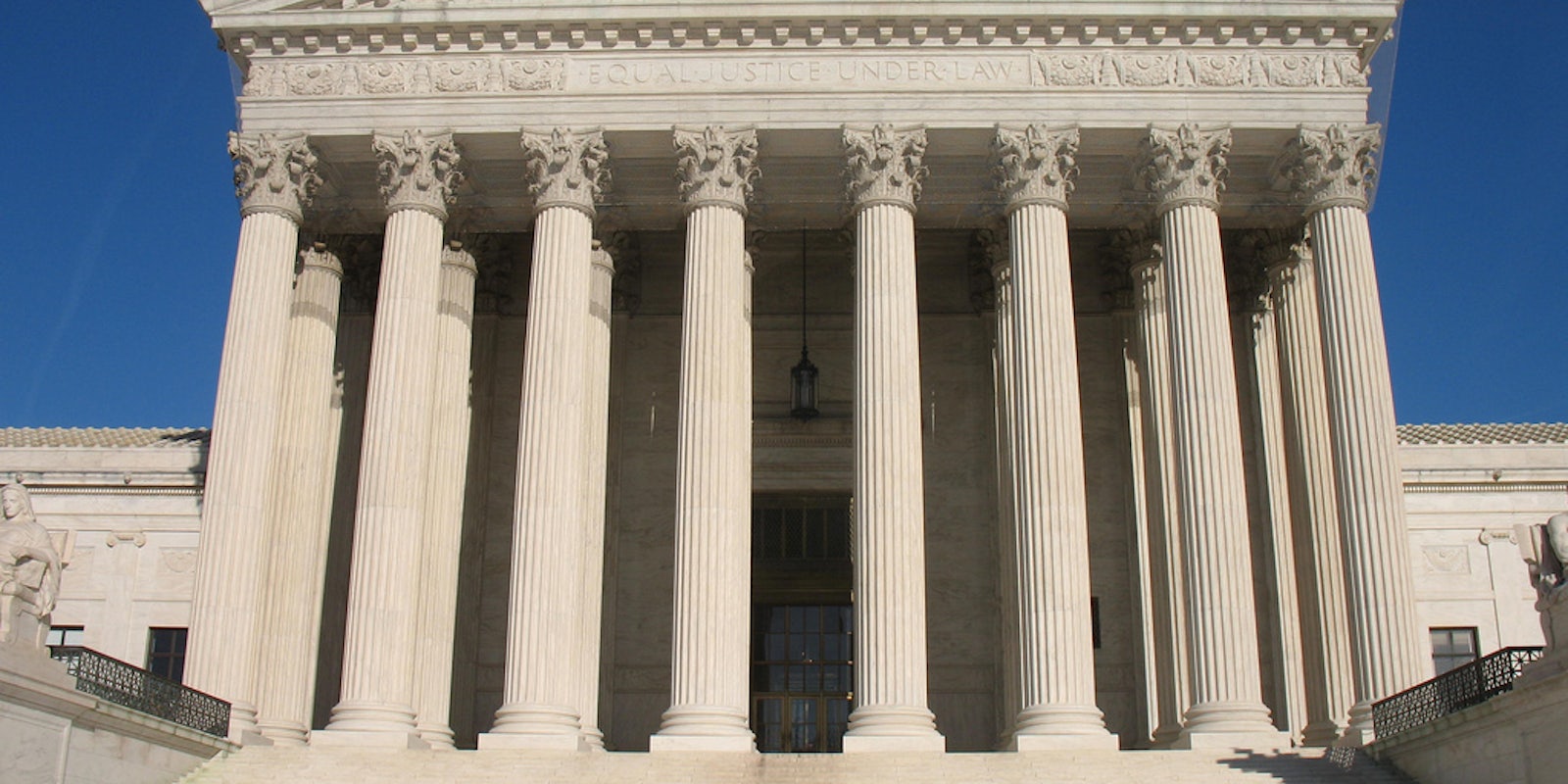Lawsuits that deal with illegal downloading have gone to the highest courts in some countries.
But the Supreme Court of the United States isn’t yet ready to hear them.
Instead, Joel Tenenbaum, who was charged in 2007 for illegally downloading 30 songs on the peer-to-peer file-sharing software program Kazaa, was denied his appeal to plead his case before the Supreme Court on Monday.
“Tenenbaum is a fine and courageous young man who has just received his doctorate in statistical physics,” read Tenenbaum’s request for a writ of certiorari, or to be heard by the SCOTUS. It quoted the judge when he first went to trial, Nancy Gertner, who has since retired:
“Counsel representing the record companies have an ethical obligation to fully understand that they are fighting people without lawyers, to understand that the formalities of this are basically bankrupting people.”
The request also noted that the plaintiff, the Recording Industry Association of America, had stated in a press release that their main goal in suing Tenenbaum wasn’t actually meant to reflect damages, but instead to make an example to other would-be pirates.
Nevertheless, the SCOTUS’s denial was swift, devoting only two sentences to dismiss Tenenbaum’s request.
“The petition for a writ of certiorari is denied. The Chief Justice and Justice Breyer took no part in the consideration or decision of this petition.”
Instead, Tenenbaum will be forced to pay up.
How much, exactly, is up to yet another court. The case is now set for a district court in Boston, which will decide damages. At different points in his case, Tenenbaum has been sentenced to fines of between $67,500 and $675,000 for the 30 songs.
Photo by kjetil_r
